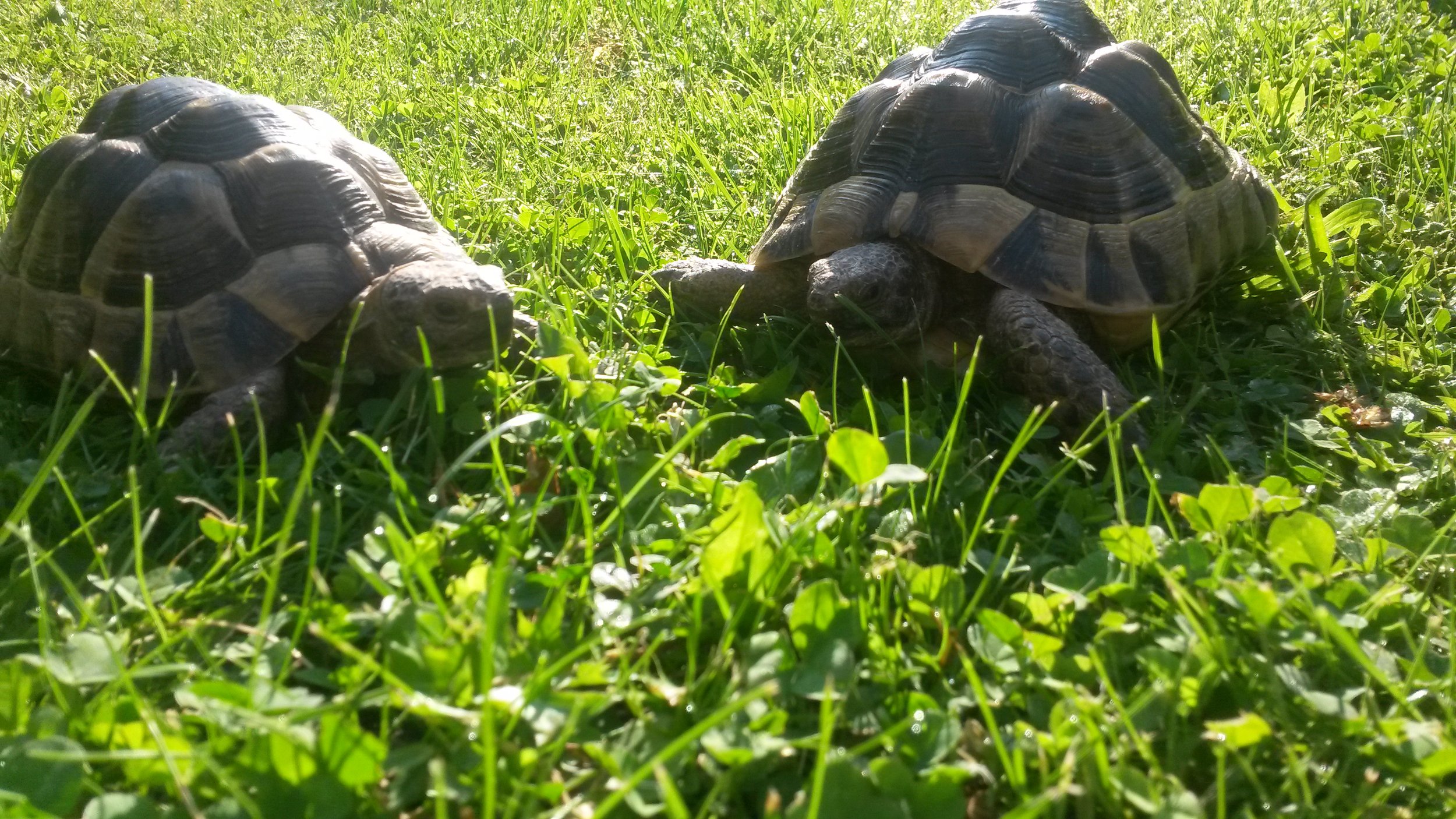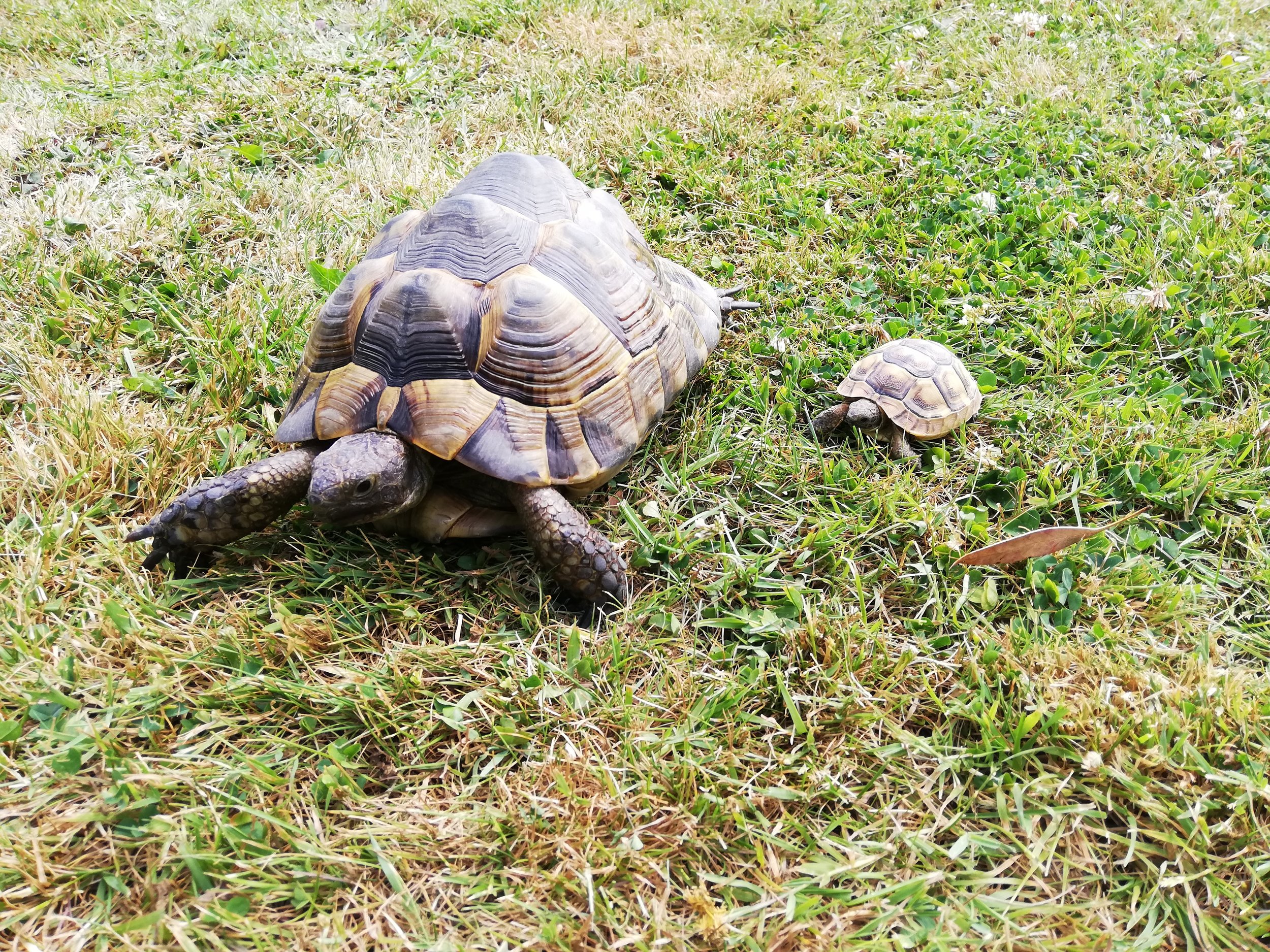
Mediterranean Spur-thighed Tortoises
One of the more commonly available tortoises in the UK is the Mediterranean Spur-Thighed (“Greek”) Tortoise.
There are a few different sub-species which do vary in size with some being smaller and others being a little larger compared to each sub-species. The Mediterranean Spur Thighed tortoise (Testudo Graeca or more commonly known as the "Greek Tortoise") is one of five Mediterranean species of tortoise (the others being Marginated, Hermanns, Russian/Horsfield, Egyptian). These mediterranean tortoises are popular in the UK as they do well in our climate here. In the wild, they are found in North Africa, Europe (Southern) and Southwest Asia. There are many sub-species of Greek Tortoise with differences ranging from size, weight, shell colour/markings/shape and so on.
The Mediterranean Spur Thighed tortoise is protected by CITES Appendix I and therefore requires a licence to trade (sell or breed) from this tortoise and also to sell the offspring.
They graze mostly on weeds, flowers, leaves, succulents found in their natural habitat.
They are considered a medium sized tortoise breed and females on average around 10" long whilst males are much smaller, averaging around 6-7".
In captivity, we need to offer as close to their natural diet as possible by offering them a diet consisting of tortoise-safe weeds and flowers. Their health will suffer if incorrect foods are given and long term your tortoise could suffer irreversible health problems, sometimes even fatal. I sell specially prepared seed mixes for Mediterranean Spur-thighed (“Greek”) tortoises for you to grow the perfect blend of food for them.
I personally recommend against giving fruit to this species as it can lead to diarrhoea, intestinal parasite proliferation, and colic or gut problems. In captivity it is also advisable to offer an environment that is as close to their natural habitat as possible: from UVB, soil, humidity, hiding places, and plenty of space to name a few.
Males can be territorial and can fight each other, sometimes causing nasty injuries. Males can also cause injuries to females if an enclosure is too small and doesn't allow for the female(s) to escape from unwanted attentions of the male. These tortoises are also great climbers (and also dig a little too) so particular attention needs to be paid to their outdoor enclosure to prevent escape.
Mediterranean spur thighed tortoises DO hibernate and in captivity we need to offer them the opportunity to do this also.
Please see my care sheet for more details on captive-raised mediterranean spur thighed tortoises:
Greek Tortoise Adults
Greek Tortoise Babies



